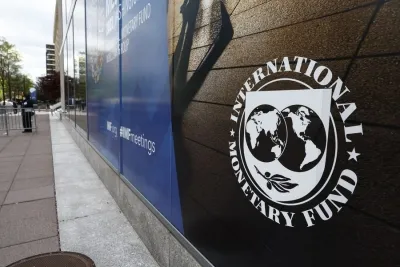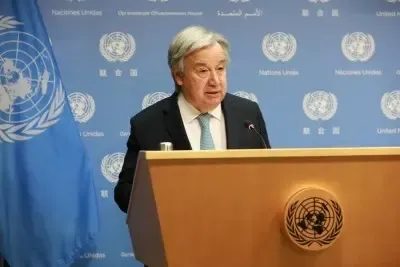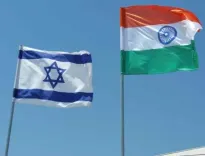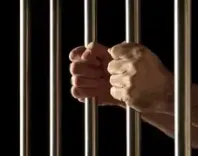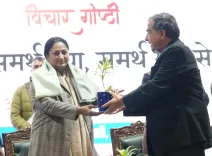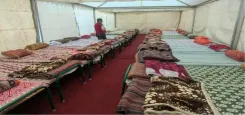Is the Human Rights Situation in Balochistan Deteriorating?
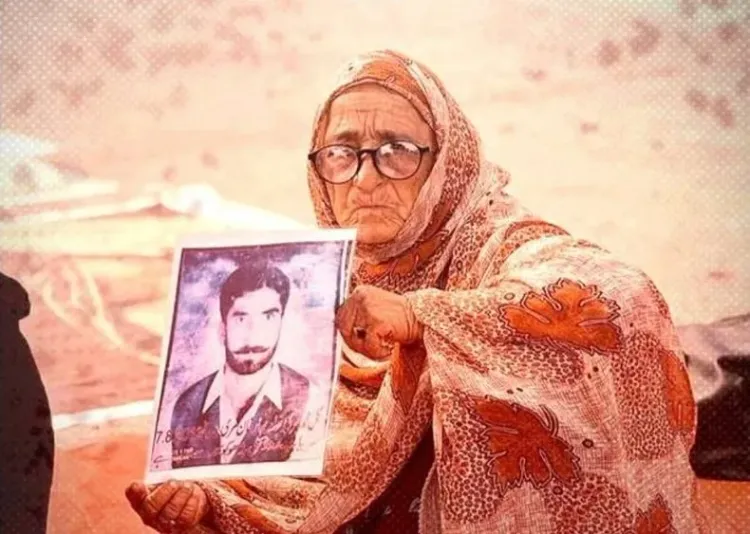
Synopsis
Key Takeaways
- Enforced disappearances have surged in Balochistan.
- Torture and extrajudicial killings are prevalent.
- Children are facing arbitrary prosecutions for expressing views.
- International attention and intervention are crucial.
- Systematic violations demand accountability from authorities.
Quetta, Aug 18 (NationPress) A prominent human rights organization has raised alarms regarding the escalating crisis in Balochistan, emphasizing a troubling increase in enforced disappearances, torture, and extrajudicial killings perpetrated by Pakistani forces throughout the region.
The Baloch National Movement's Human Rights Department, known as Paank, reported that in July alone, there were 96 incidents of enforced disappearances, with 40 victims ultimately released after enduring severe physical and psychological abuse. Furthermore, 19 individuals were reported to have been extrajudicially killed by state forces during the same month.
The monthly report detailed that numerous cases of enforced disappearances and unlawful detentions were documented across 14 districts in Balochistan, as well as in Karachi, Sindh province, and Dera Ghazi Khan, Punjab province.
Among the districts in Balochistan, Kech recorded the highest number of cases with 29 incidents, followed by Quetta with 17 cases, marking them as the most affected areas.
Expressing concern over the escalating human rights violations, Paank highlighted the arbitrary prosecution of an eight-year-old boy, Shoaib Khalid, from Turbat district. Based on a FIR against him, the child was presented before Pakistan’s Anti-Terrorism Court on July 31, facing allegations of terrorism for sharing a social media video. The video reportedly featured a speech by Baloch rights activist Gulzar Dost, who was arrested and subsequently released on bail for advocating improvements in education, health, and employment in the area.
“Charging a minor for a social media post constitutes a severe violation of human rights and aims to suppress the Baloch community’s right to free speech,” stated the rights organization.
Paank condemned the persistent use of arbitrary detentions, torture, and extrajudicial killings by Pakistani forces in Balochistan, characterizing these actions as egregious violations of human rights and direct assaults on the civil population of the region. They insisted that these issues necessitate international scrutiny, accountability, and prompt intervention.
The rights organization also criticized Pakistani authorities for the public broadcast of a supposed “confession” by Baloch scholar Usman Qazi. They claimed that his statement was extracted under duress while he was denied access to legal representation and a fair trial.
Qazi, who holds a PhD and serves as an Assistant Professor at BUITEMS University, along with his younger brother Jibran Ahmed, was detained by Pakistan’s Counter Terrorism Department (CTD) during a raid at their home in Afnan Town, Quetta, on August 12.
“Coerced confessions and state-sponsored smear campaigns violate the prohibition against torture and the right to a fair trial. We reaffirm his presumption of innocence and demand immediate access to legal counsel, an independent inquiry into his enforced disappearance, and accountability for the officials involved,” Paank emphasized.



